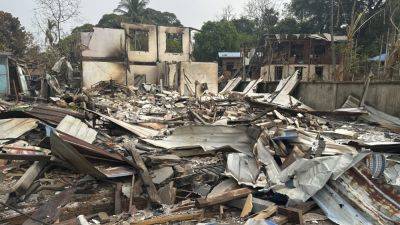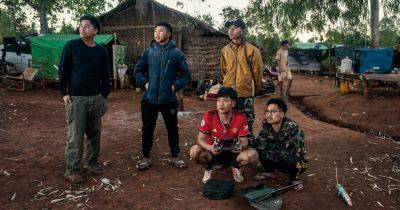Why Myanmar’s War Matters, Even if the World Isn’t Watching
An escalating civil war threatens to break apart a country of roughly 55 million people that sits between China and India. That has international consequences, but the conflict hasn’t commanded wide attention.
Over the past six months, resistance fighters in Myanmar’s hinterlands have been defeating the ruling military junta in battle after battle, stunning analysts. That raises the possibility that the junta could be at risk of collapsing.
The war is already a human rights catastrophe. Myanmar’s implosion since a 2021 military coup has wrecked its economy, throwing millions of people into extreme poverty. Its reputation as a hub for drugs, online scam centers and money laundering is growing. And its destabilization has created strategic headaches for China, India, the United States and other countries.
Here’s a primer.
Myanmar is not a democracy. The junta allowed elections more than a decade ago, enabling Daw Aung San Suu Kyi, the daughter of an assassinated independence hero, to sit in Parliament. She later led a civilian government. But the junta controlled key levers of power through a military-drafted Constitution.
In 2021, the generals arrested Ms. Aung San Suu Kyi — who by then had lost her halo as a human rights icon — and staged a coup. That set off demonstrations, a brutal crackdown on mostly peaceful protesters, and waves of resistance from armed fighters.







